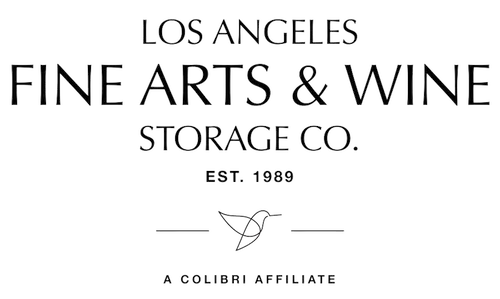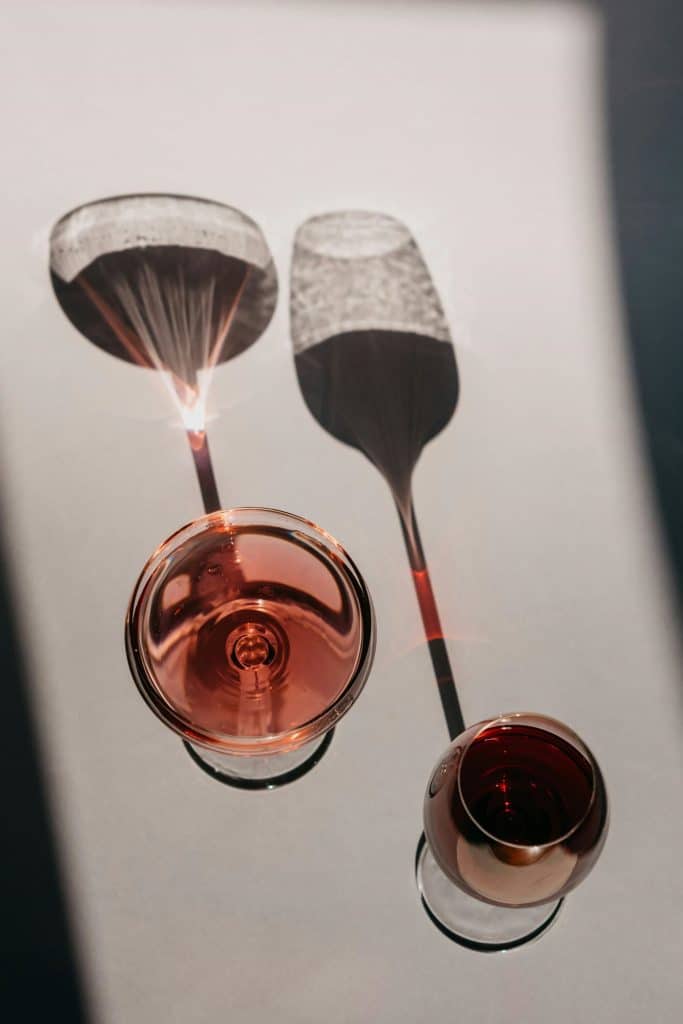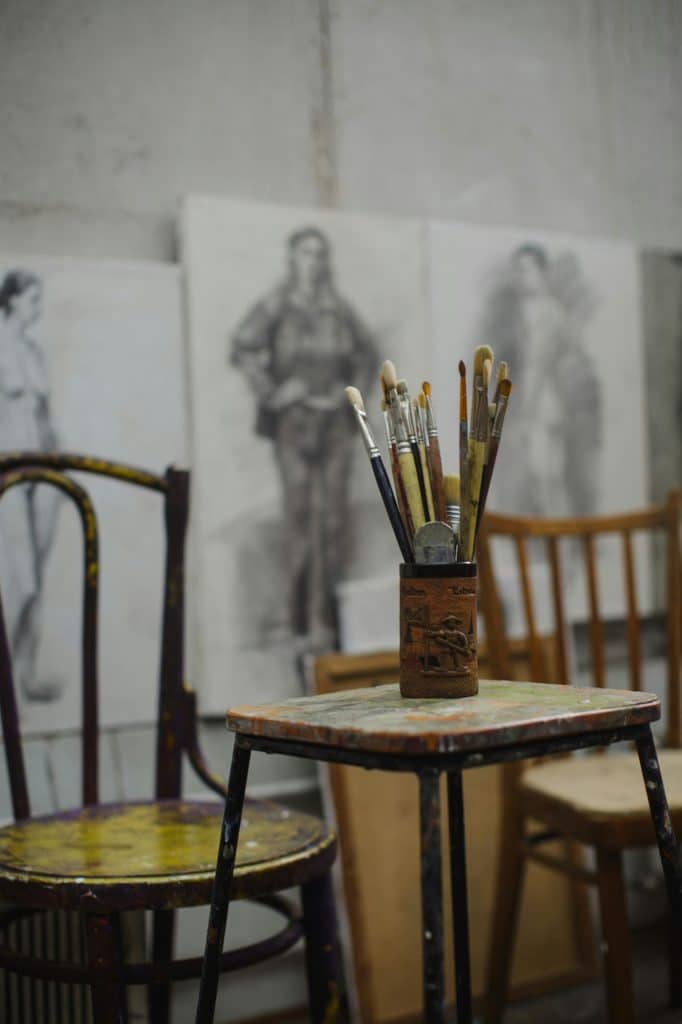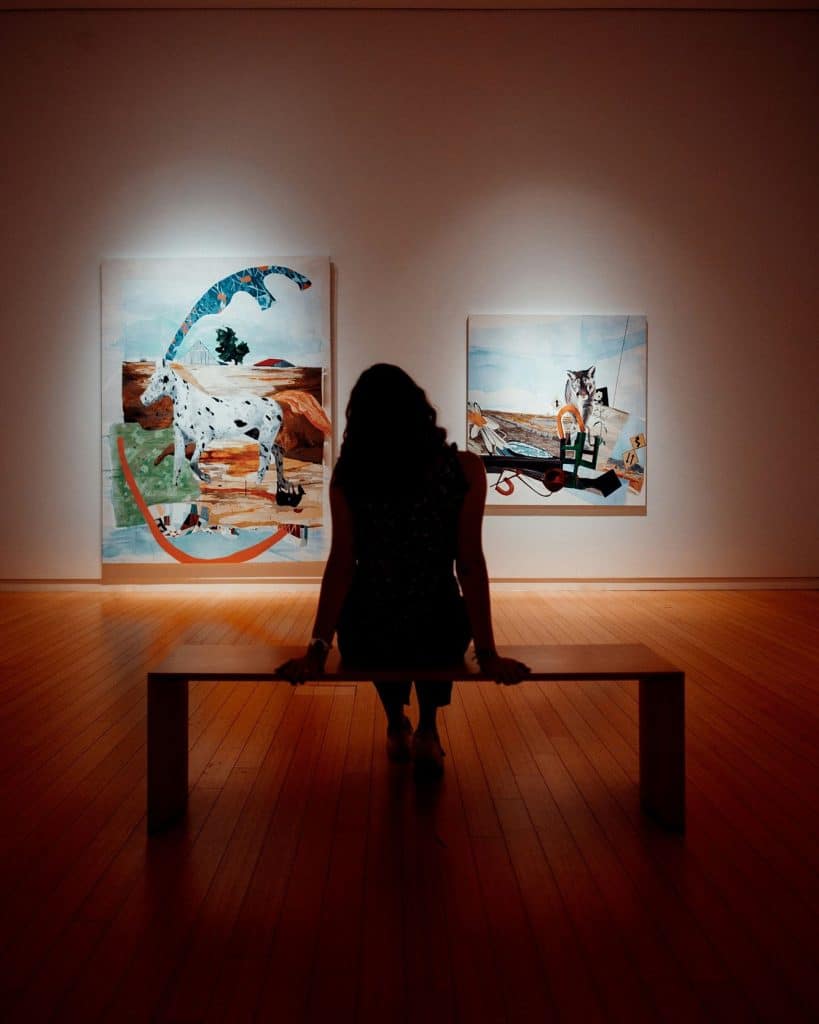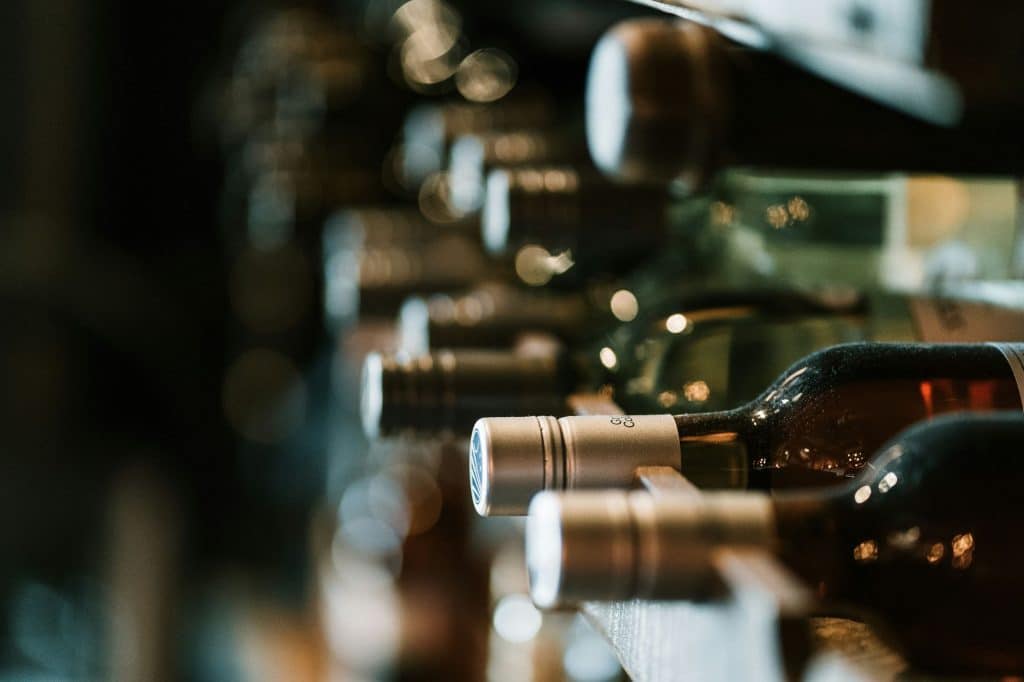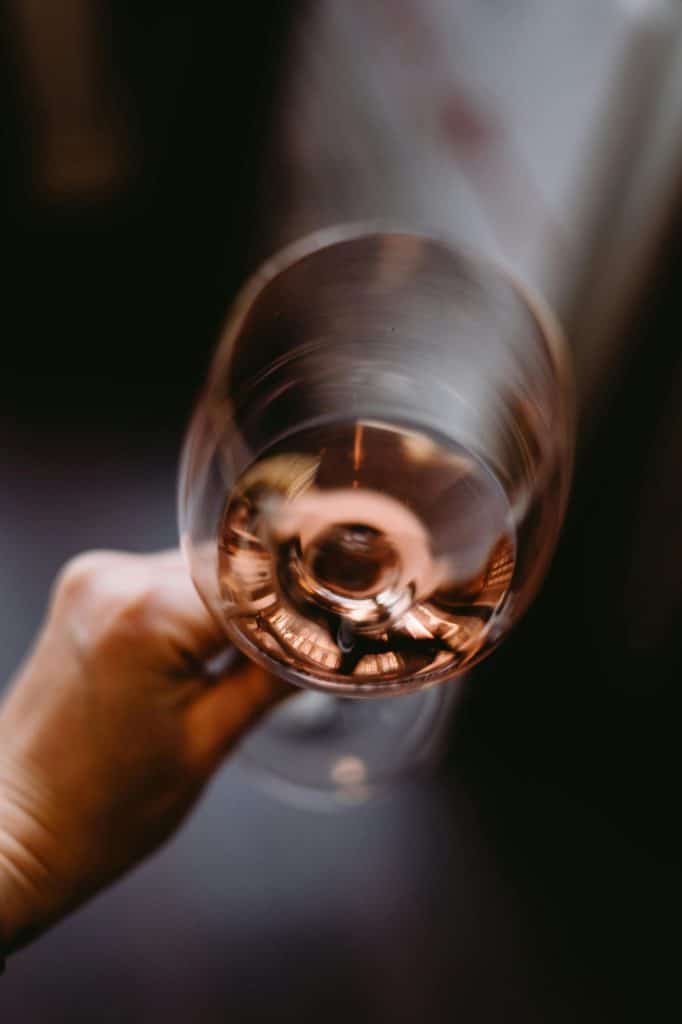Creating a wine collection unique to your tastes is a great way to learn about and enjoy wine. However, choosing and purchasing wines is only one part of the process. You must also store the bottles.
A properly preserved bottle of wine lasts for decades — or even centuries — and will increase in value and quality over time. Poor storage, however, can spoil even the best wine.
The following are a few simple tips for keeping your wine so you can get the most out of your wine reserves.
Store Wine Horizontally
For wine bottles with corks, horizontal storage is crucial. By laying the wine on its side, you allow the cork to always come into contact with the liquid. Keeping the cork moist prevents shrinking or cracking that would allow air into the bottle. The air causes early oxidation, which can lead to premature aging.
Horizontally storing bottles with screw caps or glass and plastic corks isn’t necessary but will not harm your wine bottles. In any case, horizontal racking offers space-saving benefits and ease of access.
The horizontal storage technique is primarily applicable to wine meant for longer-term storage.
Store At The Right Temperature
Temperature is perhaps the most critical factor influencing the quality of stored wine. If the temperatures are too warm or too cold, your wine is sure to spoil.
For long-term or short-term storage of wine, the ideal temperature is between 50 and 59°F, but it varies depending on the wine. Regardless of the type of wine or label, keep wine at no lower than 25°F, as freezing can occur. Additionally, avoid temperatures above 68°F; they accelerate the aging process and destroy volatile compounds, leaving the wine flat in flavor and aroma.
Most importantly, maintain as stable a temperature as possible in your wine storage facility. In the case of temperature fluctuations, the cork may expand or contract, allowing wine or air to seep through.
Control Humidity
The humidity in your wine storage area can also affect your wine’s longevity. In a storage room with a low level of moisture, the cork dries out, leaving the wine vulnerable to oxygen.
Meanwhile, storing your wine in a relatively humid environment can keep the cork moist enough to prevent air from entering. Keeping the ambient air too humid, however, can impact your wine bottles’ labels.
Excess humidity can also lead to mold growing on the cork and labels of your bottle, which will ruin the outside. Despite not affecting the wine itself, mold can ruin your chances of displaying or selling the bottle.
Keep The Room Dark
No matter how long you intend to store your wine, keep the bottles away from bright lights such as direct sunlight and fluorescent fixtures. The effects of light, especially UV rays, on wine’s flavors and aromas are similar to those of air exposure and heat.
If you have to add light to your wine storage area, consider dimmable LED lights. LEDs emit very little heat and won’t damage your wine.
Avoid Vibrations
Make sure you keep your wines away from places that have vibrations. The vibration of the bottle can disturb the sediment in the wine, disrupting the delicate process which enables wines to age well. As a result, the wine ages faster than expected or has unpleasant changes in flavors and aromas.
Also, avoid picking up bottles of wine needlessly. When you lift a bottle of wine, you cause vibrations that disturb the chemical composition of the wine.
To store wine properly — especially long-term — keep the above factors in mind and choose a wine storage facility. The facilities are climate controlled and have enough space for you to grow your collection. Contact us today for state-of-the-art wine storage facilities.
